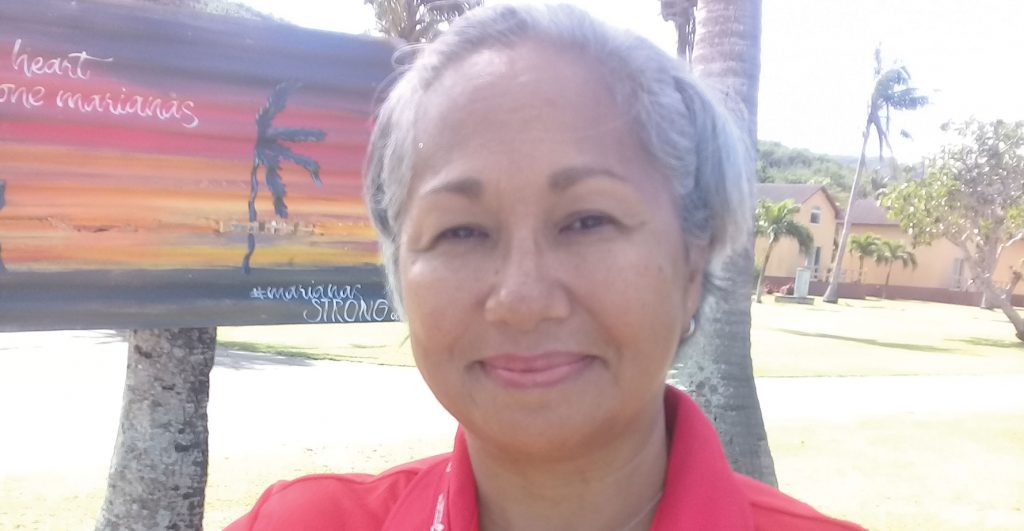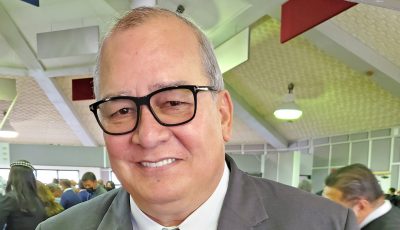Labor expects severe decline in CW funding next fiscal year
Over $700M in PUA funding, dispersed $300M so far
The CNMI Department of Labor received $3.23 million in Commonwealth Only Transitional Workers (CW-1) fees from the federal government in fiscal year 2022, but the department expects that amount to drop drastically this coming fiscal year, according to Labor Secretary Vicky Benavente last Friday.
Speaking before the House of Representatives Ways and Means Committee during a hearing Friday on Labor’s budget for fiscal year 2023, Benavente also disclosed that since 2020, they’re been given over $700 million for Pandemic Unemployment Assistance, and to date, have dispersed over $300 million of that. She said they spent some for administrative costs, leaving a $400 million balance for PUA benefits.
In response to questions by committee members, Benavente said they have estimated what they plan to disperse in CW funding for each educational entity, depending on their training plan or educational plan.
“So what they have asked for is what they’re going to be receiving in light of the fact that we are expecting a severe decline in CW funding for the CNMI,” she said.
CNMI employers pay U.S. Citizenship and Immigration Services $200 for each CW worker they hire. USCIS then turns over a portion of that money to the CNMI government.
The Labor secretary said they do have a spending plan that they have drafted with the educational entities involved and submitted that draft to the U.S. Department of Labor for review and approval.
She said the total CW funding that they received in fiscal year 2022 is $3.23 million and the expenditures are $1.64 million, leaving a balance of $330,451.
Benavente said the CW money was dispersed in fiscal year 2022 to the Northern Marianas Technical Institute, Public School System, Northern Marianas College, and training entities Latte Training Academy Inc. and Guam Marianas Training.
She said the Apprenticeship State Expansion Program, which is under CNMI Labor, also received funding from CW funds.
She said that Island Training Solutions is not on this list of recipients, but that they have been a recipient in the past and may be in the future.
Committee chair Rep. Donald M. Manglona (Ind-Rota) noted that according to the budget submission for the current fiscal year in accordance with U.S. Public Law 115-218, there should have been $2.1 million in CW funding and asked where $1.25 million or $1.3 million went.
Benavente said what it should have been or what they have been receiving are two different things, but that they constantly ask U.S. Revenue and Treasury to update them on the funds that come in so they can disperse them accordingly.
To Manglona’s question where the $1.2 million to $1.3 million is, Benavente asked that she be allowed to clarify the figures and that she will provide the exact CW funding right after the committee’s meeting.
When asked for the cause of the anticipated severe decrease in CW funds, Benavente said the beginning of the PUA program and the beginning of the pandemic saw many businesses shut down, reduce operations, and repatriate many foreign workers. “And the economy shut down,” she added.
Benavente said the good news is that United Airlines is going to be flying to Japan in August and there is a new commuter airline.
“All those things will take time to really stimulate the economy. Without the businesses operating, we are not going to have a need for that many CW workers, therefore not too many renewals or new hires will take place for foreign workers,” she said.
Benavente said they are looking at a very small economic recovery.
On PUA, Benavente said they have not returned a penny to the U.S. Department of Labor. She said they’re working hard to disperse all PUA funds before June 2023.
Rep. Celina Babauta (D-Saipan) said they have received complaints from some PUA claimants that they their benefits are still not being dispersed despite being told by Labor employees that their applications and supporting documents are in.
Benavente said when they started with the PUA program, they had over 100 PUA coordinators and that now they have less than 16.
Benavente said they are still seeing a high turnover of coordinators because many know that they will not have a job with the PUA program within a few months to a year.
“Whenever we do hire someone, it takes months of training just to get through the loopholes, which is the Unemployment Insurance Program letters regarding rules and regs,” she said.
Benavente said it does take a long time to process PUA applications.
To add to that problem, if the claimant has an overpayment issue because the application was filed incorrectly with customary wages or misfiled earnings, that puts another bump in the road to processing, she said.
The Labor secretary pointed out that they used to have 15 auditors in their Benefit Payment Control Unit, and now they’re down to six.
“So the time is painstakingly slow for all of us. Every week we have meetings and we discuss the numbers,” she said.
Benavente said each week they see how many have been approved, disqualified or uninitiated applications.
She said PUA 1, which is the period from June 2020 to December 2020, is still a priority and that there are still some who are waiting for their PUA 1 benefits.




























